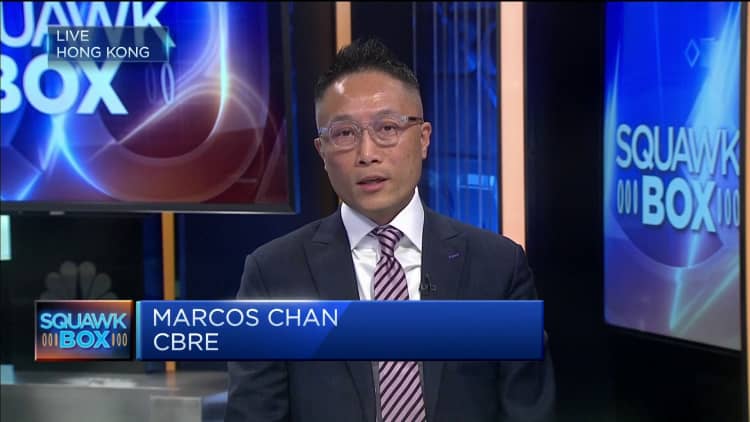Asia-Pacific markets traded lower, with greater Chinese markets leading losses in the region despite government's pledges to stabilize the economy in 2023.
The Shanghai Composite fell 1.92% to 3,107.12 as the city announced it will shut most schools again Monday as the number of Covid cases surged. The Shenzhen Component fell 1.5% to 11,124.7 and Hong Kong's Hang Seng index fell 0.75% in its final hour of trade.
Chinese officials vowed to stabilize its economy in 2023 and maintain ample liquidity in financial markets in order to meet key targets, according to a statement following the annual budget-setting Central Economic Work Conference last week, Reuters reported. The People's Bank of China is slated to set rates for its one and five-year Loan Prime Rates (LPR) on Tuesday.
The S&P/ASX 200 in Australia traded 0.21% lower to 7,133.9. In Japan, the Nikkei 225 fell 1.05% to 27,237.64 and the Topix lost 0.76% to 1,935.4. South Korea's Kospi was down 0.33% to 2,352.17.
On Friday, stocks on Wall Street marked their second consecutive week of losses for the first time since September as concerns grew over the U.S. Federal Reserve continuing to hike rates.


